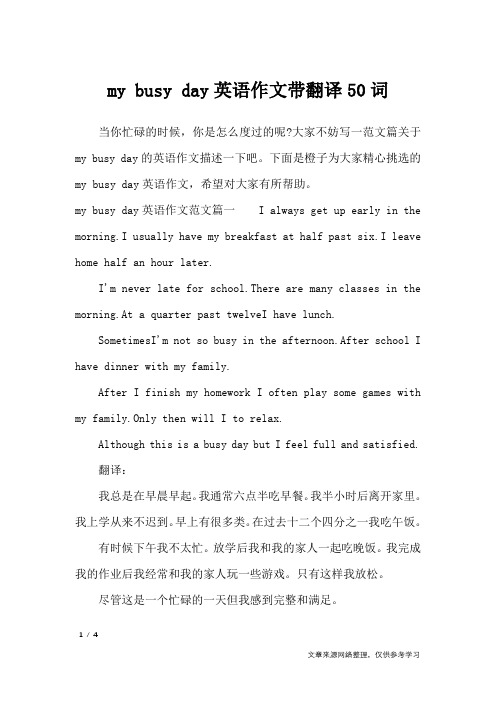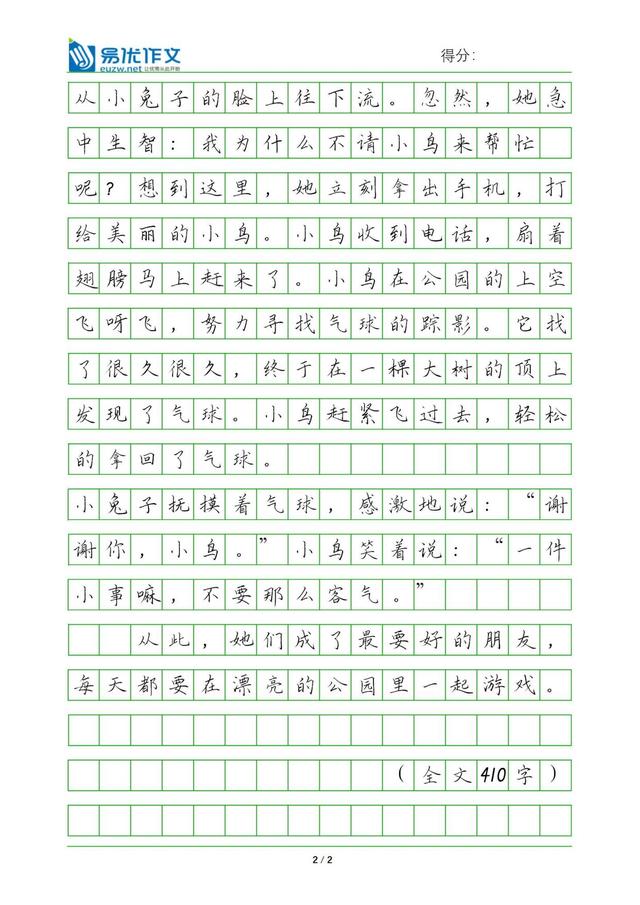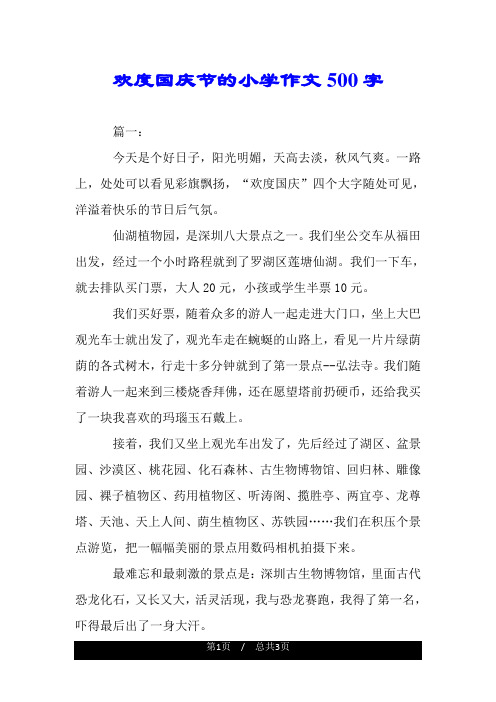网络的利弊英语作文("The Pros and Cons of the Internet in English Essay")
In an era dominated by the internet, the debate over its merits and drawbacks has never been more intense. As a writer, it's imperative to delve into both perspectives to provide a well-rounded view of this complex topic. This essay explores the advantages and disadvantages of the internet in our daily lives, aiming to present a balanced analysis that considers all aspects. To guide the discussion, let's first outline the main points we will address:

Firstly, we will look at the benefits the internet brings to education and knowledge acquisition. Then, we will discuss how it facilitates communication and connectivity on a global scale. Next, we will examine the economic opportunities created by online platforms and businesses. Afterward, we will analyze the potential for increased creativity and entertainment through various digital mediums. Finally, we will not overlook the darker side – the risks of privacy invasion, misinformation, and the addictive nature of social media. By examining these points comprehensively, we can form a nuanced opinion on whether the internet is a boon or a bane for contemporary society.
One of the most significant advantages of the internet is its role in democratizing access to information and education. Institutions like Coursera and Khan Academy have made high-quality educational resources available to anyone with an internet connection, regardless of their geographic location. Students can now take courses from prestigious universities and learn new skills without the need for expensive tuition fees or relocation. This democratization of knowledge has empowered individuals to improve their lives through continuous learning and personal development.
Additionally, the internet has revolutionized global communication and connectivity. Social media platforms such as Facebook, Twitter, and Instagram allow people to connect with friends and family across the globe instantly. Video conferencing tools like Zoom and Skype have made remote work and virtual meetings a norm, especially during times of crisis when physical travel is restricted. These technologies have bridged geographical divides and fostered a sense of global community, allowing people to share experiences and collaborate on international projects more easily than ever before.
Furthermore, the internet has given rise to numerous economic opportunities. E-commerce giants like Amazon and eBay have changed the way we shop, offering convenience and a vast array of choices at our fingertips. Small businesses can reach customers beyond their local markets through digital platforms like Etsy and Shopify, giving them a chance to compete with larger corporations. Freelancing platforms such as Upwork and Fiverr have enabled people to offer their skills and services globally, often setting their own rates and working hours. This has led to greater flexibility and financial independence for many individuals.
Moreover, the internet has spurred innovation and creativity by providing a platform for artists, musicians, writers, and filmmakers to showcase their talents. YouTube, for example, has become a launchpad for content creators who can reach millions of viewers worldwide with minimal cost. Online communities like DeviantArt and Reddit have also provided spaces where creative individuals can find inspiration, collaborate, and share their work with like-minded enthusiasts. The internet has thus transformed the landscape of entertainment and art, offering diverse and inclusive spaces for self-expression. However, it's essential to acknowledge the flip side:
The internet is not without its pitfalls. One major concern is the erosion of privacy and the proliferation of misinformation. With data breaches becoming more frequent and cybercrime on the rise, individuals are increasingly vulnerable to identity theft and other forms of digital exploitation. Moreover, the spread of fake news and conspiracy theories can polarize societies and undermine public trust in institutions. For instance, during the COVID-19 pandemic, false information about vaccines and treatments caused unnecessary panic and hindered efforts to control the virus.
Another issue is the addictive nature of social media and online gaming, which can lead to mental health problems such as anxiety and depression. Many people spend excessive amounts of time on these platforms, often neglecting real-world interactions and responsibilities. The constant exposure to curated images of others' seemingly perfect lives can contribute to feelings of inadequacy and lower self-esteem, particularly among young people.
Despite these challenges, it's crucial to recognize that the internet is neither inherently good nor bad; its impact depends on how it is used. Responsible usage involves being mindful of one's digital footprint, critically evaluating sources of information, and maintaining a healthy balance between online and offline activities. Educational institutions and governments play a vital role in teaching digital literacy and promoting safe internet practices. By fostering a culture of responsible use, we can harness the internet's potential while mitigating its risks.

In conclusion, the internet is a double-edged sword that offers both remarkable benefits and significant challenges. It democratizes access to education and information, enhances global connectivity, creates economic opportunities, and fuels creativity and innovation. On the downside, it poses threats to privacy, spreads misinformation, and can be detrimental to mental health if not managed properly. Therefore, while acknowledging its advantages, we must strive to address its shortcomings through informed and cautious usage. Only then can we ensure that the internet serves as a force for good in our increasingly interconnected world.




